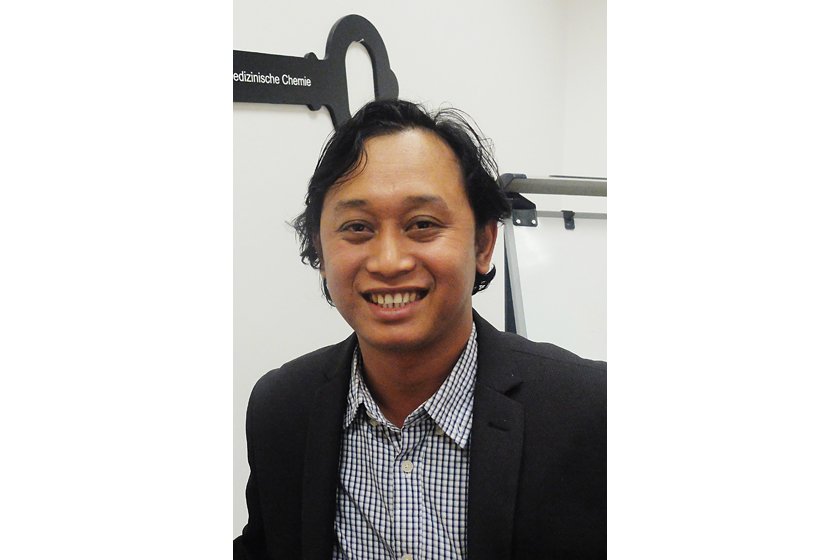11 Februari 2025
Bergabunglah dengan Sesi Info Hibah Alumni Australia kami!
Are you an Australian alumnus or Australia Awards in Indonesia scholar who want to strengthen your A... Baca selengkapnya
Australia Awards adalah beasiswa dan studi singkat bergengsi yang bersifat transformatif, diberikan kepada para pemimpin masa depan untuk menempuh studi, penelitian, dan pengembangan profesional di Australia

28 Mei 2021
 Bijak Simpan Buang Obat (BIMBO): A multi-sites campaign model to promote the wise storage and disposal of household medicines in Indonesia
Bijak Simpan Buang Obat (BIMBO): A multi-sites campaign model to promote the wise storage and disposal of household medicines in Indonesia
Project leader: Mr. Antonius Nugraha Widhi Pratama
Level of education and university: Master, Curtin University of Technology
Collaborating Organisations: -
Project Location: Jawa Timur, DI Yogyakarta, Sumatera Barat
Activity Type: Public awareness campaign
Sector: Activity Type
Project Rationale:
Safe storage and disposal of medicines remain a silent, but important concern in Indonesia. Improper storage of medicine may increase the risk of product instability and reduce its effectiveness. It may also promote the unsafe use of medicines, for example accidental poisoning among children. Moreover, improper disposal may increase the prevalence of substandard and counterfeit medicines.
The problems related to medicine disposal are well documented and have made national headlines several times. In 2007, police caught three syndicates that resold disposed medicines they bought from rubbish scavengers in three different cities - Bali, Jakarta and Balikpapan. In 2016, Indonesians were shocked by the spread of counterfeit vaccines. Investigations revealed that the fake vaccine producers used improperly disposed vials from hospitals.
Although the problems have long existed, national campaigns to tackle these problems were just launched in recent years. The campaigns are promoted by the Indonesian Ministry of Health, Indonesian Food and Drug Administration, and Indonesian Pharmacist Association (IAI). They are ‘Dapatkan Gunakan Simpan Buang (DaGuSiBu)’ as part of Gerakan Keluarga Sadar Obat (GKSO) in 2018, ‘Gerakan Masyarakat Cerdas Menggunakan Obat (GeMa CerMat)’ in 2019, and ‘Ayo Buang Sampah Obat’ in 2019. These simultaneous ongoing campaigns by national health institutions and organisations signal the importance of this issue.
However, existing campaigns still need to be improved. The current approach to delivering educational messages is more instructional than entertaining, as it can be seen from many freely available promotion materials (websites and YouTube videos) developed by the campaigners for medicine storage and disposal issues. This instructional approach tends to create a gap between the instructor as “someone who knows everything” and the audiences as “laypeople who do not know anything about the issue” resulting in less engagement among the targeted population. Less engagement can lead to a failure to deliver the main campaign messages. Therefore, there is a need to support the existing campaigns focusing on audiences’ needs and to develop more engaging educational communication materials for them.
Project Beneficiaries:
Priority Development Area:
Human development for a productive and healthy society
Link with Australian organisation: -
Bagikan proyek ini di:
 Project Profiles Terkait
Project Profiles Terkait
Situs web ini menggunakan cookie untuk meningkatkan pengalaman Anda menggunakan situs web. Kami juga dapat menggunakan cookie untuk menganalisis data situs web sehingga kami dapat meningkatkan layanan online kami. Untuk mengetahui lebih lanjut, kunjungi kebijakan privasi.
